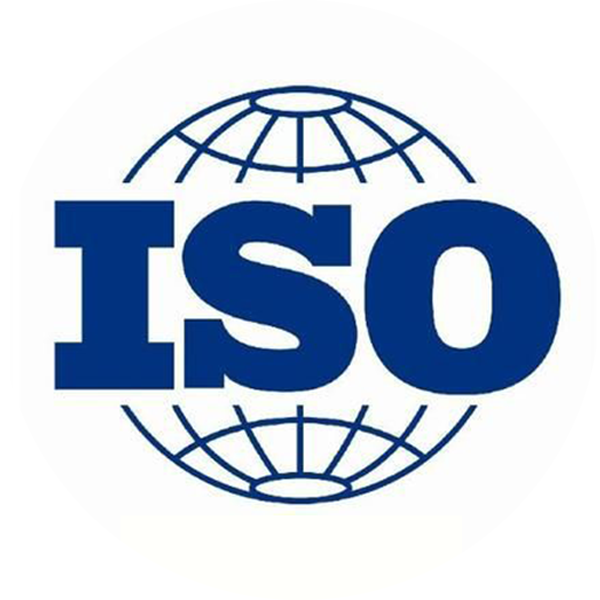Aluminum coil is a versatile material used in various industries due to its lightweight, corrosion resistance, conductivity, and malleability. Here's an overview of its composition, properties, and applications:
Composition:
Aluminum coil is primarily composed of aluminum alloyed with small amounts of other elements to enhance its properties. Common alloying elements include copper, manganese, silicon, magnesium, and zinc. The specific composition depends on the desired characteristics and intended applications of the coil.
Properties:
Lightweight: Aluminum is lightweight, making aluminum coil ideal for applications where weight is a concern, such as transportation and aerospace industries.
Corrosion Resistance: Aluminum naturally forms a protective oxide layer, providing excellent resistance to corrosion in various environments.
Conductivity: Aluminum is an excellent conductor of heat and electricity, making it suitable for electrical transmission lines, heat exchangers, and other thermal applications.
Malleability: Aluminum is highly malleable and can be easily formed into various shapes without compromising its strength, making it suitable for forming processes like rolling, bending, and stamping.
Reflectivity: Aluminum has high reflectivity to both light and heat, making it suitable for applications requiring reflective surfaces, such as in lighting fixtures and solar panels.
Recyclability: Aluminum is highly recyclable without losing its properties, making it an environmentally friendly choice.
Applications:
Construction: Aluminum coil is used in construction for roofing, siding, gutters, and facades due to its corrosion resistance and lightweight nature.
Transportation: It is widely used in the automotive, aerospace, and marine industries for vehicle bodies, panels, and structural components due to its lightweight and strength-to-weight ratio.
Packaging: Aluminum coil is used for packaging materials such as cans, foil, and containers due to its barrier properties and recyclability.
Electrical: It is used in electrical transmission lines, transformers, and electrical enclosures due to its conductivity and corrosion resistance.
Heat Exchangers: Aluminum coil is used in heat exchangers for HVAC systems, automotive radiators, and industrial processes due to its thermal conductivity and corrosion resistance.
Decorative Applications: Aluminum coil is used in architectural applications for decorative trims, moldings, and signage due to its versatility in finishes and ease of forming.
In summary, aluminum coil is a widely used material across various industries due to its favorable combination of properties, including lightweight, corrosion resistance, conductivity, and malleability. Its versatility makes it indispensable in many applications ranging from construction to transportation and packaging.
What are you looking for?
8
Workshops
100.000m2
Factory Area
3000 tons
Monthly capacity

Assurance
*We respect your confidentiality and all information are protected. Maybe the time difference, We will respond to your inquiry message within 12 hours at the latest.

